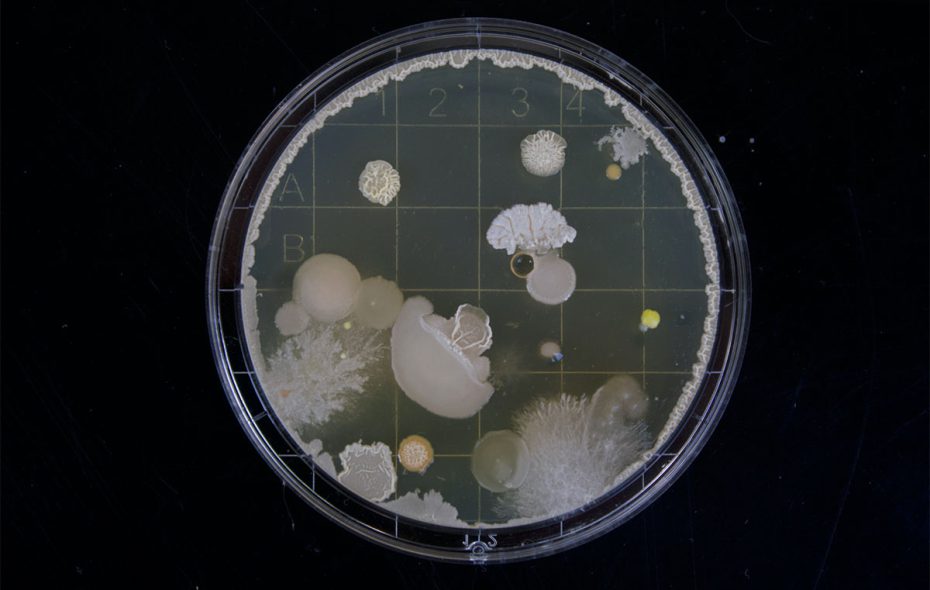
The relationship between human health and the microbes that live on and within us (our microbiome) is increasingly understood, particularly for the microbes living in our gut and the microbiome has, in recent years, become a target for specific therapeutics – including therapeutics based on the microbes themselves.
Live biotherapeutics are microbes that deliver therapeutic compounds. These can range from natural metabolites produced by the bacteria to the delivery of engineered proteins acting as an antigen for vaccination. Such approaches do have regulatory requirements as, unlike probiotics which make non-specific health claims and are regulated as food, live biotherapeutics need to go through clinical trials demonstrating safety and efficacy, just like any other drug.
Engineering live biotherapeutics also requires awareness of environmental impact from genetically modified organisms (GMOs). The US approach to regulation has allowed fast progress in the field with companies like Seres and Vedanta advancing live biotherapeutic products (LBPs) to the clinic. Despite the more onerous regulatory requirements in the UK and EU, the number of microbiome companies is increasing. Moreover, academic research on how bacteria shape health has focused on greater mechanistic understanding. Notably, we now understand that sterile surroundings may be damaging our health.
Prof. Mel Greaves of the Institute of Cancer Research in London has implicated ultra-clean lifestyles in childhood leukaemia. Combined with a 1 in 20 mutation that occurs in the womb, leukaemia can occur in children whose immune system is not “primed” by infection in their first year. He’s currently developing a yoghurt-like drink with bacterial strains based on natural gut microbes to help boost the immune system, with the aim of preventing childhood leukaemia.
Childhood leukaemia has risen slightly but steadily in developed countries over the past two decades. A similar trend is seen in metabolic diseases such as obesity, type II diabetes and inflammatory bowel disease. Microbiome research has shown vastly different gut microbes in patients with these illnesses and healthy individuals. Defining a “healthy” microbiome remains to be determined, however, the gut has presented itself as the main target for delivering therapeutics.
The UK and EU are fast catching up with the US in the microbiome industry, fuelled by solid academic and industrial collaborations. Last year Microbiotica, born out of Wellcome Trust funded research at the University of Cambridge, announced a partnership with Genentech worth up to $534 million with milestone payments. CHAIN Biotechnology is developing a robust platform of live therapeutics delivery based on bacterial spores (CADD) with a lead product targeting ulcerative colitis. Prokarium is another recent microbiome company developing a platform for vaccine delivery, Vaxonella.
The gut presents a gateway to the rest of our bodies via the bloodstream and immune system, leading to a diverse array of companies and therapeutic targets. Live biotherapeutics aren’t on the market yet but they have the potential to disrupt the drug delivery market as well as treatments for numerous clinical indications. 2019 will undoubtedly see more live biotherapeutics entering the clinic, continuing the growing trend of microbial-based treatments.